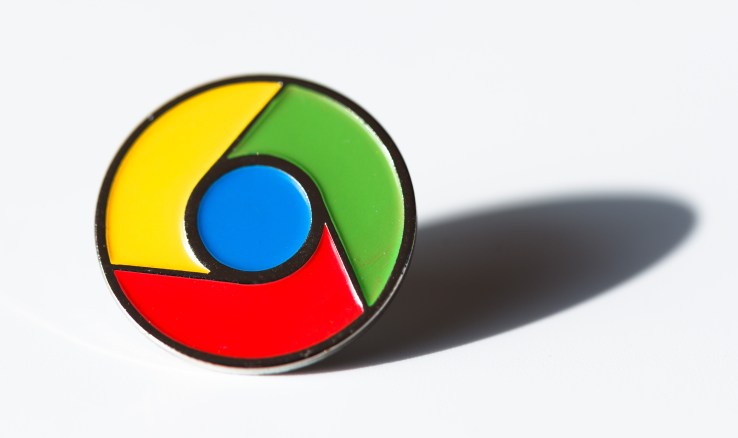
The U.S. Census Bureau will be counting same-sex married couples as families for the first time. It's pretty incredible to think that it's taken this long, right??
The Census Bureau, which struggles to keep up with the rapid changes in American life, is about to start categorizing same-sex married couples as families.The 2013 American Community Survey results, which will be reported in September, will mark the first time the census integrates an estimated 180,000 same-sex married couples with statistics concerning the nation’s 56 million families. Until now, they had been categorized as unmarried partners, even when couples reported themselves as spouses.Because of the large disparity between the number of gay and straight married households, combining the two is not expected to have a significant effect on the statistics that scholars and planners use to analyze how families are changing. Its significance is largely symbolic of the growing acceptance of gays in American society.
Symbolic or not, it's important that gay families be counted and acknowledged by the U.S. government. Visibility is key so this is definitely a positive step forward.








